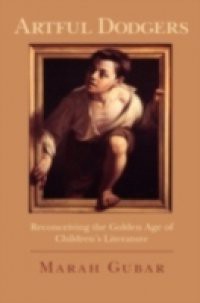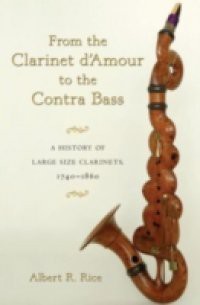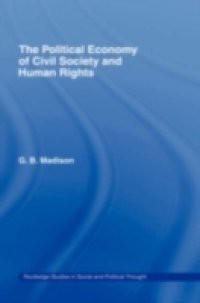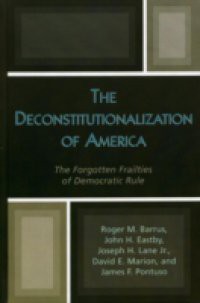In this groundbreaking contribution to Victorian and childrens literature studies, Marah Gubar proposes a fundamental reconception of the nineteenth-century attitude toward childhood. The ideology of innocence was much slower to spread than we think, she contends, and the people whom we assume were most committed to it--childrens authors and members of the infamous cult of the child--were actually deeply ambivalent about this Romantic notion. Rather than wholeheartedly promoting a static ideal of childhood purity, Golden Age childrens authors often characterize young people as collaborators who are caught up in the constraints of the culture they inhabit, and yet not inevitably victimized as a result of this contact with adults and their world. Such nuanced meditations on the vexed issue of the childs agency, Gubar suggests, can help contemporary scholars to generate more flexible critical approaches to the study of childhood and childrens literature.




 8.43 (14)
8.43 (14) 















